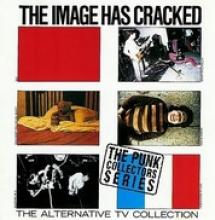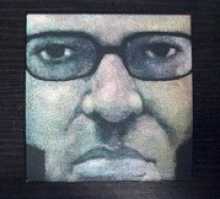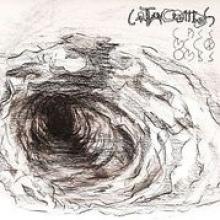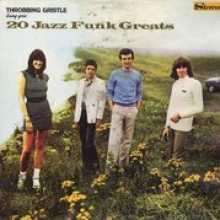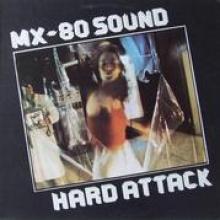Atahualpa Yupanqui:How is it so Beautiful
It’s neither good or bad that a great deal of music coming out of twentieth century South America has hints of politicism about it. That’s just how it goes. Partially, that all comes from other nations attempting to develop and exploit whatever was going on down there. But it also speaks to the subjugation of native peoples and how each individual group wound up dealing with its problems. There’s a great deal of Commie nonsense that went into informing composition in all spheres of music – in the States as well. The reaction of the greater culture, though, seems to have been more positive in terms of appreciating the resultant work – there wasn’t HUAC down there. Murders and disappearances probably organized by the government, but no fixed trials. It’s hard to say which scenario was worse.
Either way, an Argentinean guitarist who eventually took the name Atahualpa Yupanqui, but was born Héctor Roberto Chavero Aramburo, composed and performed guitar works on par, if not surpassing those of Andrés Segovia. Both players worked ceaselessly to portray their own culture. And it’s obviously just preference that defines one being better than the other. But Yupanqui’s somber songs seem to speak more to broad humanity than Segovia’s work.
Each player was internationally appreciated and while Segovia did a great deal for music education, it’s inarguable that Yupanqui’s eventual adaption by the French government (he was asked to compose a piece in celebration of some historical landmark) speaks to the man’s talents.
Coming out of a politically motivated time, it’s curious that Yupanqui’s don’t feature lyrics. And since his affiliation with the Communist party led to problems with Argentina’s government, that’s a double confusion. But instrumental music, when wrought with such beauty doesn’t necessitate vocal accompaniment.
It’d probably be difficult to track down this guy’s recordings in a physical record store somewhere, but a few discs have cropped up on the interewebs. Regardless of Yupanqui’s recorded output being relatively scarce, the range of approaches he takes on the guitar makes him an engaging player. Whether chording Spanish sounding progressions, as on “La Estancia Vieja,” or weaving music to inspire visions of far off places, “Pastoral India,” Yupanqui’s performances really have no peers.
Peter Walker would do well by himself to investigate this guy. And Yupanqui seems to be equal in skill to any American Primitive guitarist, so it’s odd he hasn’t had his revival sprung on the record buying public. We’ll see, though.



